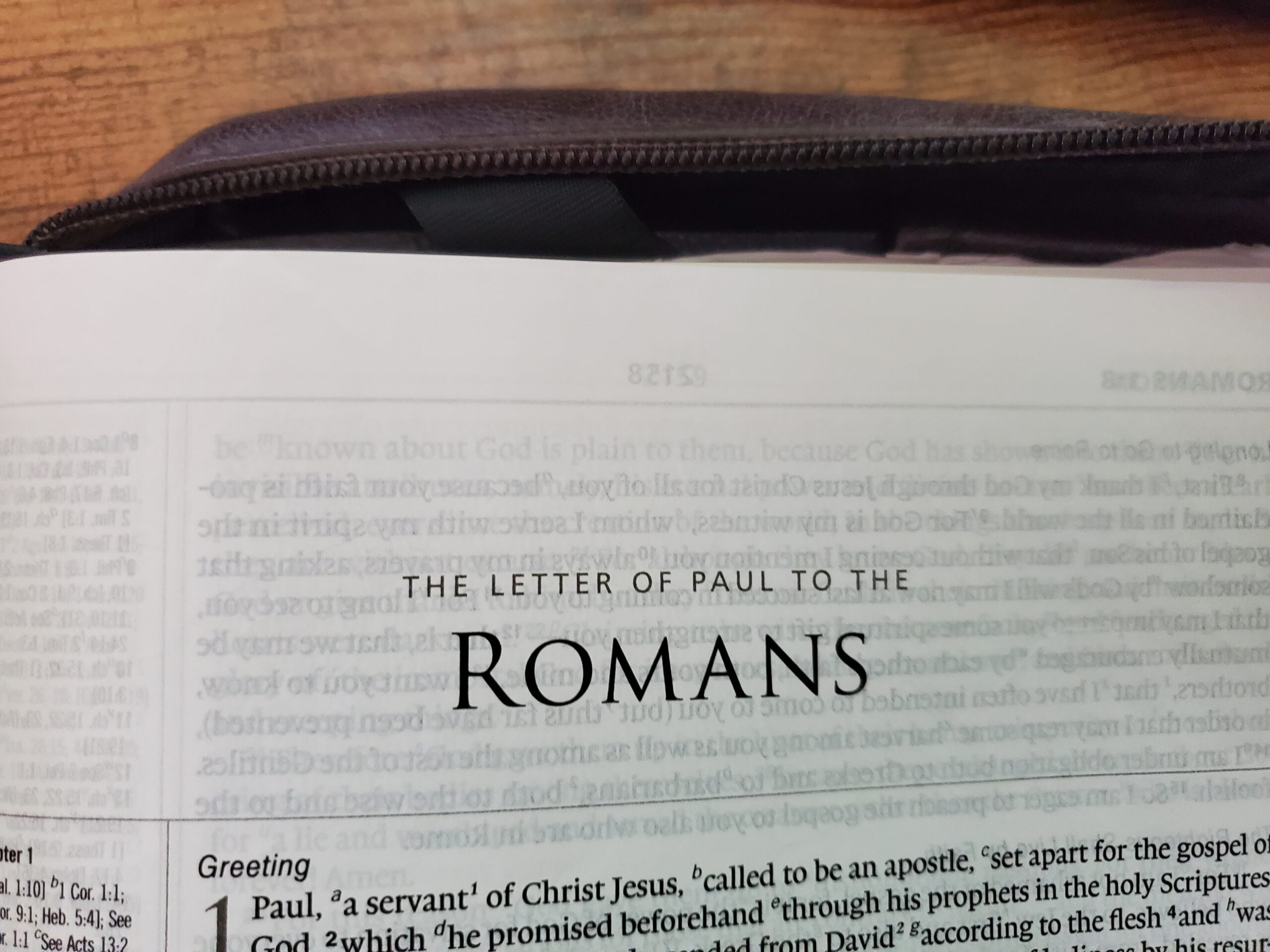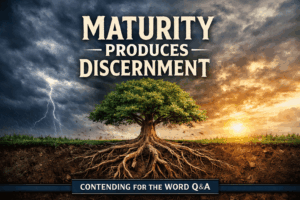⏱️ Estimated Reading Time: 4 min read
Romans 6:22-23, “But now that you have been set free from sin and have become slaves of God, the fruit you get leads to sanctification and its end, eternal life. 23 For the wages of sin is death, but the free gift of God is eternal life in Christ Jesus our Lord.”
We have reached the end of Romans 6, where Paul considers what it means to be a slave to sin versus being a slave to God. Before we move on to today’s passage, we would be remiss if we failed to mention that when we speak of being a slave to God, we are not to understand it in terms of any of the degradations of slavery in even its most benign forms. Paul is aware that the analogy he is using does not correspond precisely to the reality of first-century slavery; hence, the qualifier that he speaks “in human terms” in verse 19. In the Old Testament categories that are the background of the Apostle’s teaching, being God’s slave or servant is the highest honor possible. Moses, Joshua, David, and, most preeminently, the Messiah are all servants of the Lord (Deut. 34:5; Judg. 2:8; Ps. 18; Isa. 53). Thus, to be a slave or servant of God is to fulfill the purpose for which we were made.
Paul’s ultimate point is that to be human is to serve a master. We are always bound to an owner, and that owner is either sin and death or God Himself. Of course, all things ultimately belong to our Creator, but in His sovereign purposes, He has granted sin mastery over those who are in Adam and not in Christ. We will serve God or we will serve sin—we will never be autonomous, a law unto ourselves. True freedom from sin is not liberation to serve ourselves but liberation to serve God. In Christ, we belong to God not only as creatures but in a saving manner as His children, and so we will increasingly take on His characteristics insofar as creatures are able. The Lord sets us free from sin, and we cannot help but pursue sanctification and its end, eternal life (Rom. 6:22).
But we must be careful, for we are never to see ourselves as meriting eternal life via our sanctification. Lest we think otherwise, Romans 6:23 affirms that while (eternal) death is earned as a wage—as something we deserve for our sin—eternal life is a gift. Growth in holiness inevitably follows our justification, but this growth is not the basis upon which the Lord grants us eternal life. Obedience is the consequence of our redemption, but this redemption is secured by grace alone; in no way do our works ever merit salvation. The church father John Chrysostom points out the importance of Paul’s contrast between sin’s wages and God’s gift: “Paul does not parallel the wages of sin with ‘the wages of good deeds’ because he wants to show that they were not set free by their own efforts, nor had they done anything to earn their salvation. It was by grace alone that all these things came about.”
Coram Deo
John Calvin comments, “Our salvation is altogether through the grace and mere beneficence of God… . It is through God’s gift we obtain it, and not through our own merits.” Eternal life is not the wage paid to those who sanctify themselves by God’s Spirit. Though it is the final end of our sanctification, it is not something we merit in any way. If it were, we would never get there, for no work of ours is ever good enough to earn life everlasting.
The Wages of Sin vs. the Gift of Life, Copyright (2021), Ligonier Ministries.



